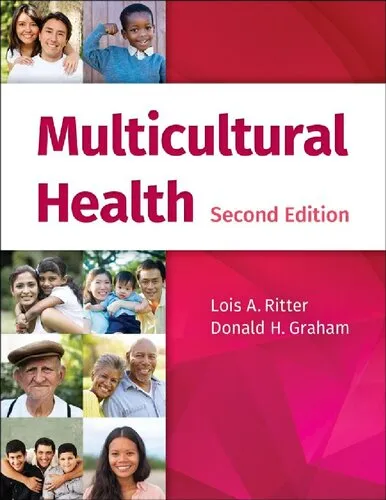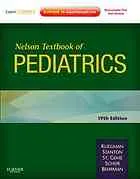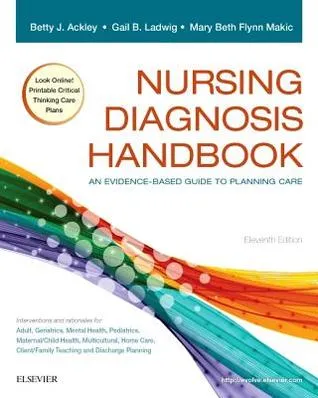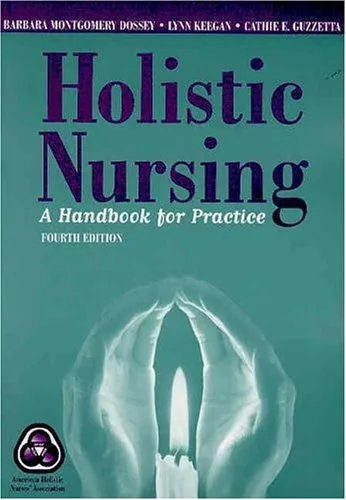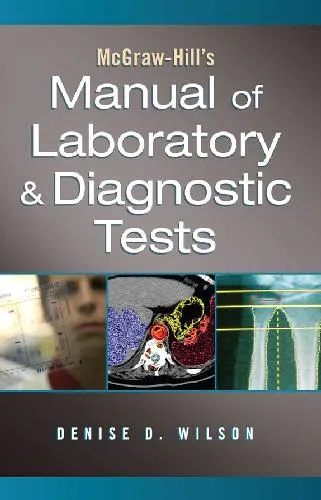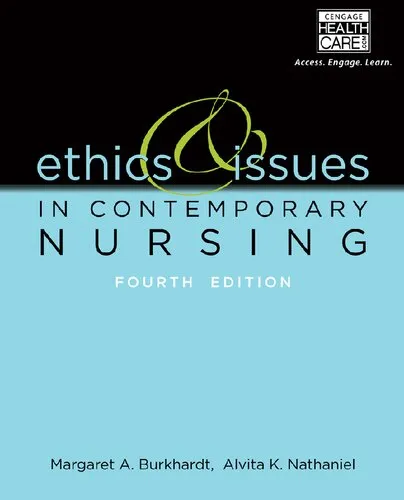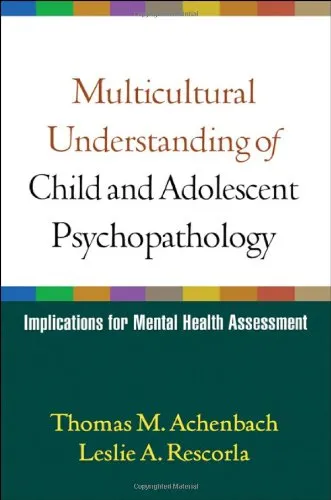Multicultural Health
4.4
Reviews from our users

You Can Ask your questions from this book's AI after Login
Each download or ask from book AI costs 2 points. To earn more free points, please visit the Points Guide Page and complete some valuable actions.Related Refrences:
Introduction to Multicultural Health
In today’s interconnected and globalized world, an understanding of cultural competence in healthcare is more critical than ever. “Multicultural Health”, authored by Lois A. Ritter and Donald H. Graham, serves as a comprehensive guide to explore how culture influences health care practices, perceptions, and outcomes. This book empowers readers with knowledge on how to deliver equitable care to diverse populations, emphasizing empathy, awareness, and understanding.
The complexity of health and illness is often intertwined with a patient’s cultural beliefs, religion, language, and socioeconomic status. “Multicultural Health” delves deep into this intersection, offering healthcare professionals and students practical tools to address disparities and create a more inclusive healthcare landscape. This introduction will provide a detailed summary of the book, highlight key takeaways, share famous quotes from the text, and discuss its significance in today’s world.
Detailed Summary of the Book
“Multicultural Health” provides both theoretical understanding and real-world applications, making it an essential resource for healthcare professionals navigating multicultural environments. The book begins by defining key terms such as cultural competence, cultural humility, and health disparities. This foundational knowledge sets the stage for deeper discussions on how culture influences aspects of health, including communication, decision-making, and treatment adherence.
One of the strengths of the book is its comprehensive approach to exploring various cultural groups. It examines the health beliefs, behaviors, and unique challenges faced by communities, including African Americans, Asian Americans, Hispanic/Latino populations, Native Americans, Middle Eastern populations, and many others. Each chapter discusses barriers to care and practical strategies for improving outcomes within these communities.
In addition, the book explores the role of religion, spirituality, and traditional healing practices in shaping health behaviors. By presenting real-life examples and case studies, the authors effectively connect theoretical concepts with practical applications. Ethical considerations, policies, and systemic inequalities are also addressed, emphasizing the need for systemic reform to achieve health equity.
Through its structured layout and detailed explanations, the book guides readers on how to build cross-cultural communication skills, develop cultural sensitivity, and advocate for inclusiveness within healthcare systems. The engaging content ensures that readers, regardless of their background, come away with actionable insights they can use in their professional or educational journeys.
Key Takeaways
- Cultural competence is an essential skill for healthcare professionals to minimize health disparities and maximize patient outcomes.
- Understanding a patient’s cultural background, language, and beliefs plays a pivotal role in building trust and ensuring effective treatment.
- Healthcare systems must address systemic inequities to provide more equitable care to diverse populations.
- Empathy, open-mindedness, and active listening are critical in cross-cultural communication and decision-making.
- Cultural humility involves lifelong learning, self-awareness, and acknowledgment of one’s own biases.
Famous Quotes from the Book
"Cultural competence is not a destination, but a journey of learning, reflection, and adaptation."
"Health inequities are not inevitable; they are the result of choices we make as a society."
"Cultural humility goes beyond learning about others. It requires understanding yourself."
Why This Book Matters
“Multicultural Health” stands as a groundbreaking work in its field, addressing pressing issues at the intersection of culture and healthcare. With an increasingly diverse population in the United States and many other nations, health disparities persist as significant barriers to achieving equitable health outcomes. For healthcare professionals, educators, and students, this book is a vital tool that fosters the cultural awareness and practical skills needed to address these challenges.
The relevance of this book extends beyond healthcare providers. Policymakers, administrators, and community leaders can also gain insights into systemic flaws and collaborative solutions for addressing health disparities. Its emphasis on empathy, communication, and advocacy makes it applicable across disciplines.
Ultimately, “Multicultural Health” equips its readers to create impactful changes within their professional environments and communities. By recognizing and respecting cultural differences, we take essential steps toward creating a more inclusive, just, and equitable healthcare system for all.
Free Direct Download
You Can Download this book after Login
Accessing books through legal platforms and public libraries not only supports the rights of authors and publishers but also contributes to the sustainability of reading culture. Before downloading, please take a moment to consider these options.
Find this book on other platforms:
WorldCat helps you find books in libraries worldwide.
See ratings, reviews, and discussions on Goodreads.
Find and buy rare or used books on AbeBooks.
3048
بازدید4.4
امتیاز50
نظر98%
رضایتReviews:
4.4
Based on 0 users review
"کیفیت چاپ عالی بود، خیلی راضیام"
Questions & Answers
Ask questions about this book or help others by answering
No questions yet. Be the first to ask!
